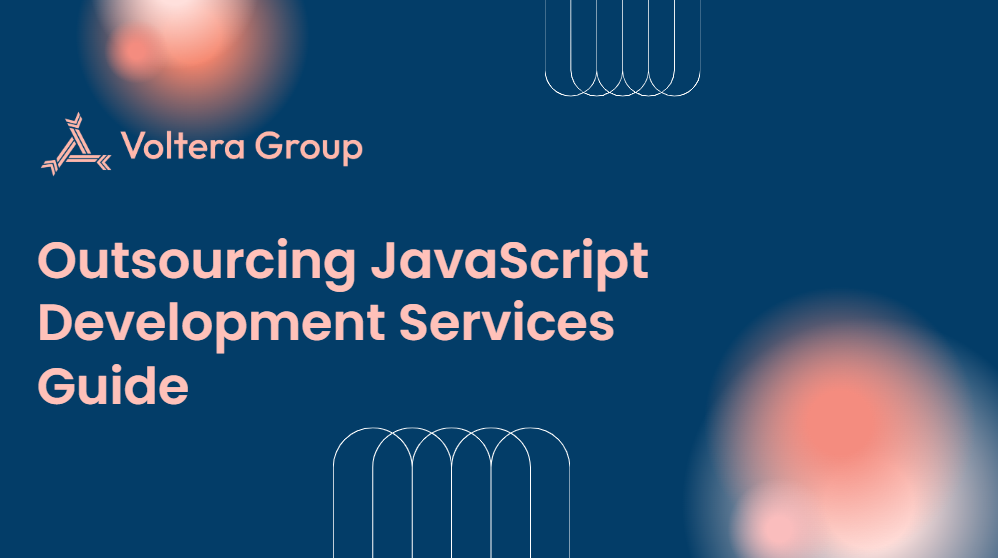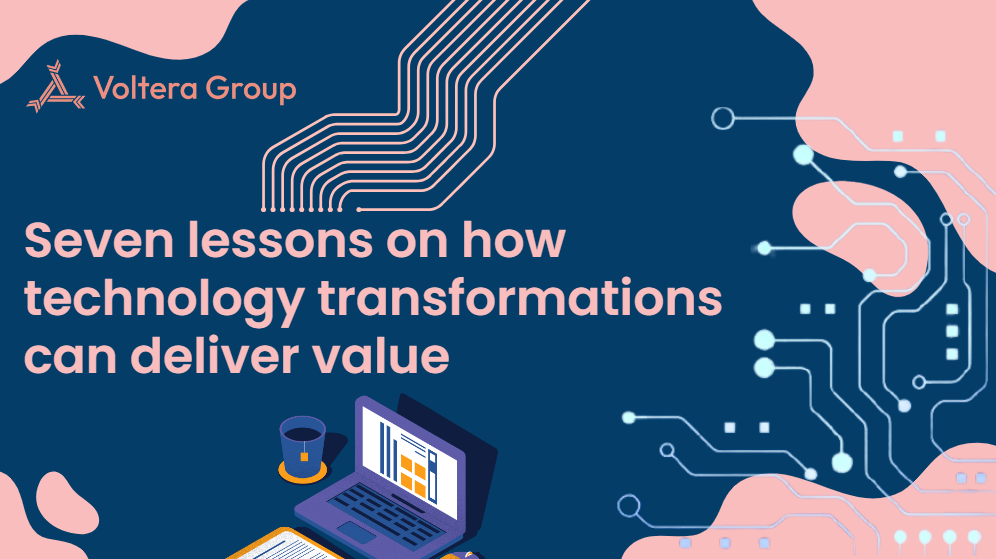System & API Integration
Voltera Group presents data integration solutions that enable different software applications to work together seamlessly. APIs are specific communication protocols, while system integration is the overall strategy of making different technological "neighborhoods" work together, understanding each other's unique languages and customs.
API Orchestration
01
API Orchestration
We provide centralized systems for managing, connecting, and orchestrating APIs across entire organizational tech ecosystems. This is achieved by creating unified interfaces that standardize API interactions, monitor performance, and ensure communication protocols through comprehensive API governance.
02
Hybrid System Integration
We enable communication between cloud, on-premise, and hybrid technological environments by developing adaptive middleware that translates and routes data across infrastructure types. This ensures smooth and secure data exchange through hybrid cloud integration, regardless of underlying system differences.
03
Real-Time Synchronization
We create instantaneous and bidirectional data updates across multiple systems by implementing event-driven integration and streaming technologies. These propagate changes milliseconds after they occur, maintaining data consistency with near-zero latency.
04
API Lifecycle Management
We implement comprehensive governance and control mechanisms for APIs operating across different technological platforms. Our approach includes standardized security protocols, version control, and performance monitoring tools that work universally.
05
Intelligent Middleware
We develop smart middleware solutions that not only transfer data but interpret, transform, and optimize exchanges between different systems using advanced algorithms, integration patterns, and machine learning-driven routing mechanisms.
06
API Security Framework
We establish robust security protocols and compliance mechanisms for API interactions. This requires implementing advanced authentication, encryption, and access control measures that protect data integrity in distributed systems.
Don't just observe—take decisive action.
System and API Integrations Across Industries
Financial Technology Ecosystem
Develops encrypted API frameworks for real-time financial transactions across banking, investment, and payment platforms Implements regulatory compliance mechanisms using integration frameworks, ensuring transactions meet stringent security and reporting standards Creates intelligent routing and verification systems that instantly validate, track, and authenticate financial interactions
Manufacturing Network
Connects Internet of Things (IoT) devices with enterprise resource planning (ERP) systems through enterprise connectivity Enables instant communication between production equipment, inventory management, and strategic planning tools Implements predictive analytics capabilities that forecast maintenance needs, production bottlenecks, and operational efficiency opportunities
Logistics Integration
Creates unified API frameworks that allow real-time tracking of shipments across multiple carriers and transportation modes Develops standardized communication protocols using API management to instantly update inventory levels, shipping status, and logistical performance metrics Builds intelligent routing systems that optimize transportation routes, predict potential disruptions, and provide comprehensive supply chain visibility
LLM Agent A
State-Of-Art Automation (Scheme)
LLM is not only the possibility to chat and get a wide range of information, but it's also the possibility to retrieve your local data from databases, docs, and spreadsheets. With advanced LLM Agents—a core part of generative AI as a service—you can automate your routine processes, streamline client communication, or implement your start-up ideas.

Integration costs too high?
Technologies of Artificial Intelligence and Machine Learning
Integration and API Development Process
We make systems work together smoothly while keeping data accurate, formats compatible, and operations reliable. Each step tackles a specific aspect of the solution to reduce complexity and maintain solid, efficient integrations.
Requirement Analysis
01
We thoroughly understand specific needs, existing systems, and integration goals to establish clear objectives.
API Discovery
02
We identify and assess available APIs for compatibility and capabilities to determine optimal integration approaches.
Endpoint Mapping
03
We define and connect data flows between system target points to establish clear communication pathways.
Data Transformation
04
We convert information into corresponding formats to enable logical communication between diverse systems.
Integration Development
05
We build and configure workflows using appropriate tools or custom code to implement the solution.
Testing & Validation
05
We rigorously test the integration for functionality, performance, and security compliance before deployment.
Integration and API Challenges
Legacy System Integration
We develop custom solutions to bridge older and newer technologies, ensuring smooth interoperability between diverse systems.
Cross-Platform Consistency
We resolve format, schema, and structural discrepancies to maintain reliable data flow between different platforms.
API Versioning Management
We implement strategies to prevent disruptions when updates are released, ensuring seamless integration continuity over time.
Security and Compliance
We implement encryption, monitoring, and adherence to industry standards to protect data integrity throughout integrated systems.
System and API Integration Capabilities
Automated Discovery
Our tools identify available APIs and their capabilities without requiring manual intervention, accelerating the integration process.
Intelligent Mapping
We implement systems that match endpoints between different platforms for correct data flow with minimal configuration errors.
Event-Driven Integration
Our solutions respond to real-time system events, enabling faster and more efficient integrations across the technology stack.
Performance Optimization
We enhance API response times and reliability to effectively handle high-demand environments and transaction volumes.
Competitive Advantages with Our Gen AI Services
Frequently Asked Questions
What strategies minimize performance overhead during system integrations?
We streamline data flows by reducing unnecessary processing and optimizing transformation steps. Our approach combines efficient caching and asynchronous processes to handle high loads without degrading system performance. We also implement selective data synchronization and optimized query patterns to minimize resource consumption while maintaining integration integrity.
What techniques do you use to monitor and optimize API performance?
We implement comprehensive monitoring tools to track response time, error rates, and throughput metrics in real-time. Our approach utilizes rate limiting, intelligent load balancing, and query optimization to ensure stable and efficient performance under varying workloads. These techniques are complemented by automated alerting and adaptive scaling to maintain consistent API responsiveness.
How do you support backward compatibility during system upgrades?
We version APIs and maintain older iterations to support legacy clients while introducing new features. Our implementation uses feature flags and gradual rollouts to test compatibility before full deployment. This approach is supported by comprehensive documentation, communication plans, and transition periods that allow clients to adapt to changes at their own pace.
How can robust error handling be implemented in complex integration scenarios?
We use centralized logging and monitoring systems to capture and analyze errors in real-time. Our design incorporates sophisticated retry mechanisms, failover strategies, and detailed error messaging to handle failures gracefully and minimize disruptions. This approach includes circuit breakers to prevent cascade failures and comprehensive error cataloging for rapid issue resolution.
Do custom data integration solutions include API services?
Yes, our custom data integration solutions typically include API services to enable seamless communication between different systems. These APIs facilitate data exchange, automate workflows, and connect various platforms in a tailored manner specific to business requirements. Our approach ensures these services are designed with security, scalability, and performance optimization in mind.



